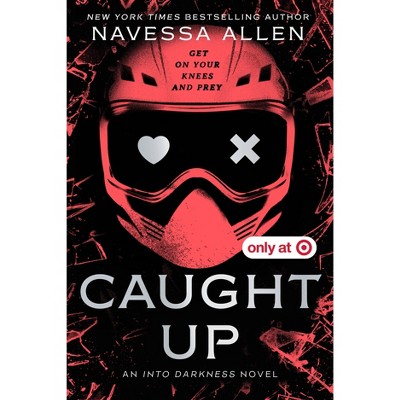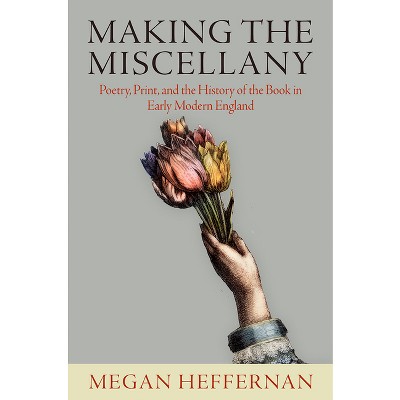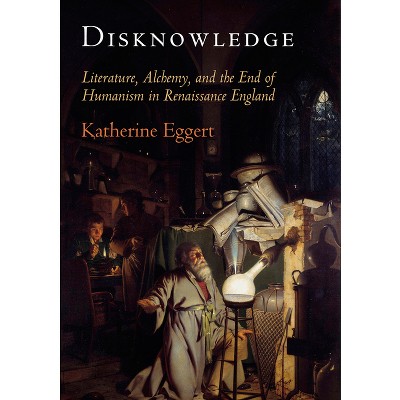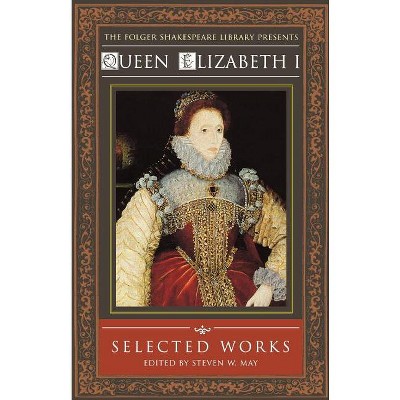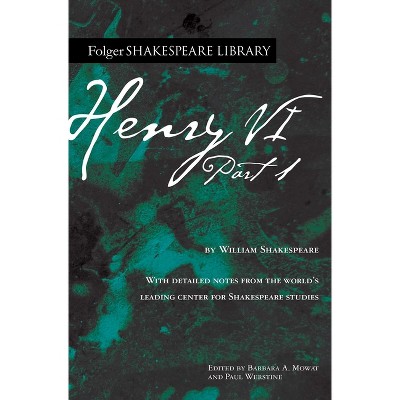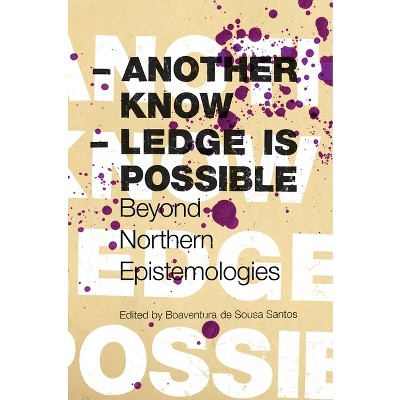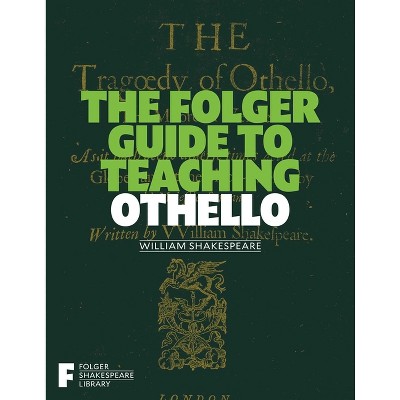Possible Knowledge - (Published in Cooperation with the Folger Shakespeare Library) by Debapriya Sarkar (Hardcover)

$65.00 when purchased online
Target Online store #3991
About this item
Highlights
- The Renaissance, scholars have long argued, was a period beset by the loss of philosophical certainty.
- About the Author: Debapriya Sarkar is Assistant Professor of English at the University of Connecticut.
- 280 Pages
- Literary Criticism, Renaissance
- Series Name: Published in Cooperation with the Folger Shakespeare Library
Description
About the Book
"Published in cooperation with Folger Shakespeare Library".Book Synopsis
The Renaissance, scholars have long argued, was a period beset by the loss of philosophical certainty. In Possible Knowledge, Debapriya Sarkar argues for the pivotal role of literature--what early moderns termed poesie--in the dynamic intellectual culture of this era of profound incertitude. Revealing how problems of epistemology are inextricable from questions of literary form, Sarkar offers a defense of poiesis, or literary making, as a vital philosophical endeavor.
Working across a range of genres, Sarkar theorizes "possible knowledge" as an intellectual paradigm crafted in and through literary form. Sixteenth- and seventeenth-century writers such as Spenser, Bacon, Shakespeare, Cavendish, and Milton marshalled the capacious concept of the "possible," defined by Philip Sidney as what "may be and should be," to construct new theories of physical and metaphysical reality. These early modern thinkers mobilized the imaginative habits of thought constitutive to major genres of literary writing--including epic, tragedy, romance, lyric, and utopia--in order to produce knowledge divorced from historical truth and empirical fact by envisioning states of being untethered from "nature" or reality. Approaching imaginative modes such as hypothesis, conjecture, prediction, and counterfactuals as instruments of possible knowledge, Sarkar exposes how the speculative allure of the "possible" lurks within scientific experiment, induction, and theories of probability. In showing how early modern literary writing sought to grapple with the challenge of forging knowledge in an uncertain, perhaps even incomprehensible world, Possible Knowledge also highlights its most audacious intellectual ambition: its claim that while natural philosophy, or what we today term science, might explain the physical world, literature could remake reality. Enacting a history of ideas that centers literary studies, Possible Knowledge suggests that what we have termed a history of science might ultimately be a history of the imagination.Review Quotes
"Brilliant...[T]his is a book that is fascinating for scholars of literature, medievalists and parvenus of early science, but also fits within the rising focus on 'weak knowledge' and the inspection of bodies of knowledge that have lost ground by substitution, starvation or abandonment. It presents an intriguing pathway for interdisciplinary researchers seeking an epistemological bridge between the scientific process and the literary, where artefacts of scientific analysis are not sought merely in text, but in methodological analysis of artistic process."-- "The British Society for Literature and Science"
"[A]s a sustained exploration of 'how poesy thinks, ' of how early modern fiction-making helped delineate the period's ontological and epistemological contours, Possible Knowledge is an engaging and stimulating read."-- "Renaissance and Reformation"
"Possible Knowledge is an important contribution to our understanding of the role of imaginative thinking in shaping early modern discourses of science and empiricism, and it should be read widely by scholars invested in taking seriously literature and its place in histories of epistemology...[A] powerful voice in the defense of poesy."-- "Modern Philology"
"An ambitious, brilliant, and genuinely original account of the constitutive relationship between poesy and science in early modernity."-- "Vin Nardizzi, University of British Columbia"
"This important book provides compelling evidence that early modern literature in the age of the new science helped readers develop sophisticated forms of knowing about what existed in the world, and, more crucially, what might possibly come to be."-- "Mary Thomas Crane, Boston College"
"This pathbreaking book will be at the vanguard of a new movement in literature and science studies."-- "Jenny C. Mann, New York University"
About the Author
Debapriya Sarkar is Assistant Professor of English at the University of Connecticut.Dimensions (Overall): 9.1 Inches (H) x 6.2 Inches (W) x .9 Inches (D)
Weight: 1.15 Pounds
Suggested Age: 22 Years and Up
Number of Pages: 280
Genre: Literary Criticism
Sub-Genre: Renaissance
Series Title: Published in Cooperation with the Folger Shakespeare Library
Publisher: University of Pennsylvania Press
Format: Hardcover
Author: Debapriya Sarkar
Language: English
Street Date: April 4, 2023
TCIN: 1003618836
UPC: 9781512823356
Item Number (DPCI): 247-28-9720
Origin: Made in the USA or Imported
If the item details above aren’t accurate or complete, we want to know about it.
Shipping details
Estimated ship dimensions: 0.9 inches length x 6.2 inches width x 9.1 inches height
Estimated ship weight: 1.15 pounds
We regret that this item cannot be shipped to PO Boxes.
This item cannot be shipped to the following locations: American Samoa (see also separate entry under AS), Guam (see also separate entry under GU), Northern Mariana Islands, Puerto Rico (see also separate entry under PR), United States Minor Outlying Islands, Virgin Islands, U.S., APO/FPO
Return details
This item can be returned to any Target store or Target.com.
This item must be returned within 90 days of the date it was purchased in store, shipped, delivered by a Shipt shopper, or made ready for pickup.
See the return policy for complete information.


